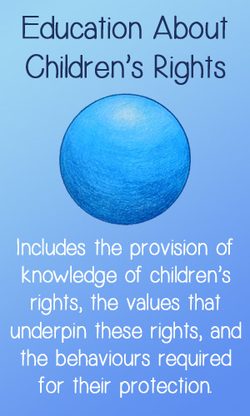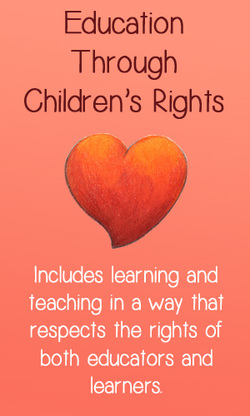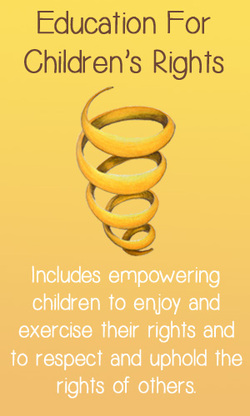Reasons to Join Us
We will continue our journey to our destination of peace and education.
No one can stop us!
We will speak up for our rights and we will bring change with our voice.
Malala Yousafzai, 2013
No one can stop us!
We will speak up for our rights and we will bring change with our voice.
Malala Yousafzai, 2013
In an
increasingly globalized and interdependent world, it is important to ensure
that the next generation is well versed in critical topics such as sustainable
development, human rights and dignity, social justice, and peace. Education
offers a viable platform for intentional engagement in an effort to promote
sensitive communication and collaboration to secure a more politically stable
world that offers opportunities for the optimal development of each child and
their contribution to the positive shaping of our world.
A paradigm-shifting proposal to reform the current education system is offered to establish a global foundation of freedom, justice, and peace as proclaimed by the United Nations Charter in 1945. This is accomplished through the alignment of education with the principles of universality, indivisibility, and interdependence enshrined in the UN Convention on the Rights of the Child. By doing this, the purpose of education is then determined to enable the full development of critically literate rights bearing citizens who, together, are empowered to uphold human rights and question the root causes of social injustice. This can only be accomplished when education systems are reformed to acknowledge and act upon the Convention’s ‘best interest’ principle, which recognizes the inherent worth of each child.
The transition from the current linear, ends-driven system of education that is seeped in the economic and political agenda of a capitalistic society to a rights respecting democratic system is not simple or instantaneous. It entails a humongous effort of international, national, regional, and local stakeholders to consort with communities all around the world. Together, they need to review, adapt, and align current educational policies, curriculum, and pedagogy with the Convention’s principles and provisions, and commit to an incremental fulfilment of its legal and moral obligations for every child within their jurisdiction. In doing so, children can then be empowered with knowledge of their rights, the values that underpin these rights, and the behaviours required for their protection. It necessitates that adults trust children to shape a future that recognizes the inherent dignity and the equal and inalienable rights of all member of the human family. It further requires adults listen attentively to, and act upon the voices of children, and equip them with the tools they need to construct and establish lasting world peace.
A paradigm-shifting proposal to reform the current education system is offered to establish a global foundation of freedom, justice, and peace as proclaimed by the United Nations Charter in 1945. This is accomplished through the alignment of education with the principles of universality, indivisibility, and interdependence enshrined in the UN Convention on the Rights of the Child. By doing this, the purpose of education is then determined to enable the full development of critically literate rights bearing citizens who, together, are empowered to uphold human rights and question the root causes of social injustice. This can only be accomplished when education systems are reformed to acknowledge and act upon the Convention’s ‘best interest’ principle, which recognizes the inherent worth of each child.
The transition from the current linear, ends-driven system of education that is seeped in the economic and political agenda of a capitalistic society to a rights respecting democratic system is not simple or instantaneous. It entails a humongous effort of international, national, regional, and local stakeholders to consort with communities all around the world. Together, they need to review, adapt, and align current educational policies, curriculum, and pedagogy with the Convention’s principles and provisions, and commit to an incremental fulfilment of its legal and moral obligations for every child within their jurisdiction. In doing so, children can then be empowered with knowledge of their rights, the values that underpin these rights, and the behaviours required for their protection. It necessitates that adults trust children to shape a future that recognizes the inherent dignity and the equal and inalienable rights of all member of the human family. It further requires adults listen attentively to, and act upon the voices of children, and equip them with the tools they need to construct and establish lasting world peace.
One of the Convention's key strengths is that it recognizes that children's rights must be actively understood and promoted by adults and children alike if the promise of the Convention is ever to become a reality for all children. In it, Article 42 obligates us to undertake to make the principles and provisions of the Convention widely known, by appropriate and active means, to both adults and children. The active fulfillment of this obligation is to implement a children's rights education that is referenced to the Convention, and implemented in a spirit of participation, inclusion, and responsibility. It must include the following three principles:
The implementation of these three principles creates a safe and enabling environment for the engagement of children as they build and promote a rights respecting culture that is referenced to the 1989 United Nations Convention on the Rights of the Child.







